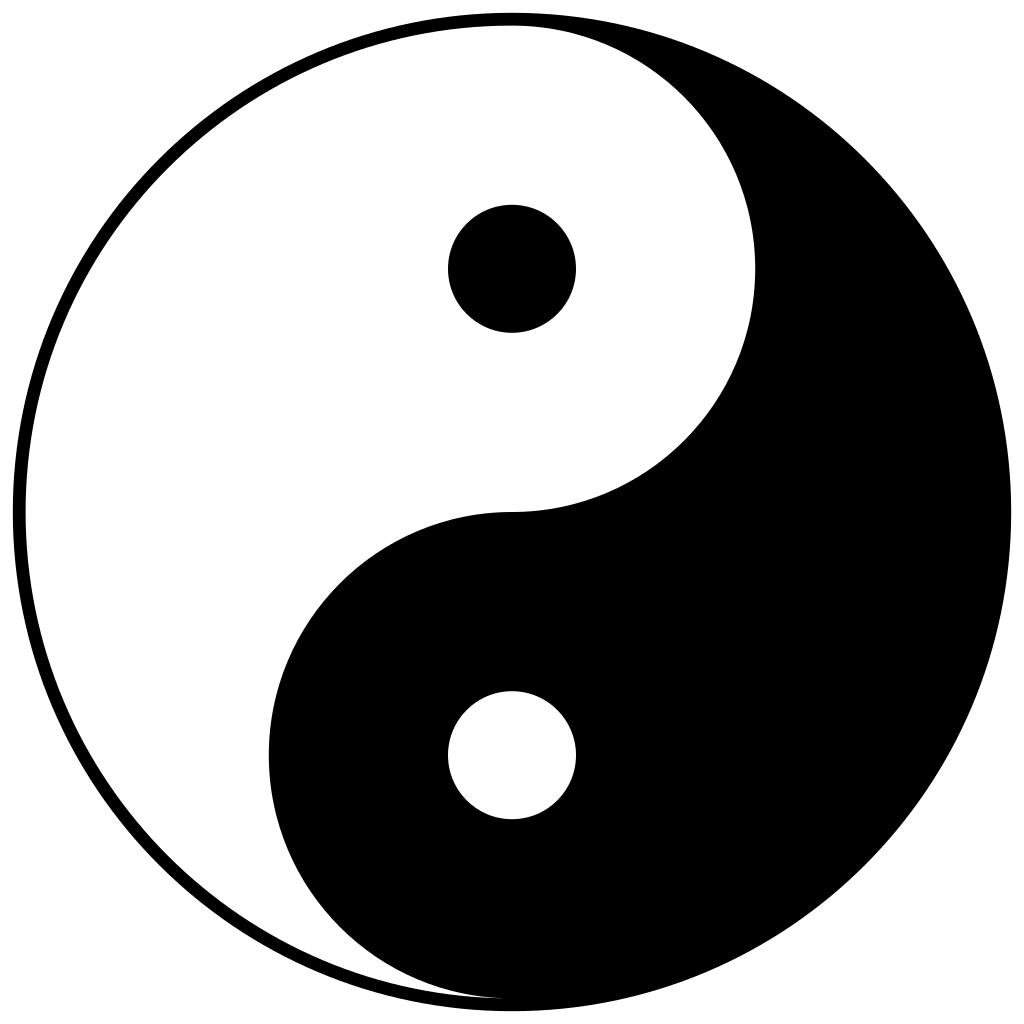From professor Tao Jiang at Rutgers University:
"I want to do a quick thread on the Laozi I’m presenting this afternoon at EPHE in Paris in case anyone is interested. The Laozi I’m presenting was not a “Daoist,” a later term anachronistically applied to earlier texts like the Laozi and the Zhuangzi.
Altho not all anachronisms are problematic, at least not in the same way (e.g., fajia isn’t too bad), using “Daoism” to lump together the Lz and the Zz in the context of pre-Qin Chinese intellectual history obscures the vast difference between their moral-political projects.
The Lz was actively engaged in the mainstream debate about humaneness vs. justice as the governing norm of an imagined new moral-political order and was pivotal in shaping the moral-political discourse in late Warring States, e.g., Zhuangzi, Xunzi, and fajia thinkers, esp. HF.
On the other hand, the Zhuangzi was a much more marginal text whose main intellectual pulse was the imagination and pursuit of personal freedom. “Daoism” in later Chinese history has a rather different story and ethos.
There’re two clusters of ideas in the Laozi: moral-political and cosmogonic-mystical, but what is their relationship? A.C. Graham famously asks, “Can it really be advising rulers that to govern their states requires nothing less than the ultimate mystical illumination?”
Excavated texts reveal that the “mystical” or cosmogonic elements in the Laozi represented a major voice in the philosophical speculations about the origin of the cosmos and the Laozi was a part of the “naturalist turn” in classical Chinese philosophy in late 4th century BCE.
To answer Graham’s question, it’s not so much that rulers’ mystical vision of the cosmos would necessarily offer them personal insights into effective governance. Rather, the more historically compelling read on the significance of the mystical-cosmogonic aspect of the text is that it signaled a new understanding of the nature of the cosmos, as well as a broad reorientation in the Heaven-human relationship in the mid-Warring States period. This would set the stage for the most consequential development in Chinese political history, namely the drastic bureaucratization and naturalization of the state with impartiality enshrined as the political norm for the state in the hands of the fajia thinkers. Within the naturalist vision of the cosmos, Laozi would completely reject the idea that Heaven, which was now a part of the Dao-generated cosmos, cared about human well-being and was involved in managing human affairs. This change is most dramatically captured in Chapter 5 of the Laozi where he declares that “Heaven and Earth are not humane (bu ren 不仁)" & straw dogs.
I will then talk about wuwei/youwei as representing extraordinarily sophisticated metaethical critique of the mainstream moral-political project. In this regard, it is inconceivable that the Lz could have been composed in the same period as the Analects as some still believe.
Philosophically, the Lz is more sophisticated than the Analects by several order of magnitude. The Laozi was an extraordinarily influential text in that its wuwei project both “failed” and “succeeded” spectacularly, often in the Nietzschean sense of transvaluation."

